The Schola Foundation welcomes both current gifts and planned giving gifts. Current gifts are made from current income and can be made from a variety of sources. Planned gifts are made at the time of death and can also be made from a variety of sources.
Current income gifts
Current income gifts can be made from wages and salary, pensions and retirement accounts, stocks and stock dividends and bank accounts. The recently passed federal tax bill impacts current income charitable giving because of the increase in the standard deduction to $15,000 for single filers, $30,000 for married filers, and $22,500 for heads of household. This increased standard deduction eliminates the need for most Americans to itemize deductions (including charitable gifts) on their 1040 tax returns and thus eliminates the tax benefit for many charitable gifts.
Bunching gifts
One method of gifting which allows a donor to retain the federal tax benefit is to bunch an intended series of yearly gifts into one tax year. For example, if a single person intends on making a gift to Schola of $10,000 a year for 5 years, he or she may not receive a federal tax benefit due to the increased standard deduction. Rather than spreading the gifts over multiple years, the donor may consider making the gifts in one tax year (bunching) in order to avail themselves for the federal tax benefit.
IRA
A donor may use an IRA to make a charitable contribution. Anyone 70½ in or older may make a direct transfer of IRA balances up to $100,000 per year to a charity. For most donors, these qualified charitable distributions (QCDs) make it possible to net an ever-greater tax benefit because those dollars will never hit your adjusted gross income (AGI). Because you would have paid income taxes on that distribution, this strategy offers significant benefit to those who would have given that amount regardless. QCDs go toward satisfying your required minimum distribution (RMD). Only IRA’s qualify for QCDs. You cannot use a 401(k) account. To make a gift from an IRA to Schola, please contact our office. A Schola representative will help you with details on how to execute the QCD.
GIFTS OF STOCK
Schola will accept your gift of stock or securities. Giving stock allows you to deduct the current value from your taxable income and avoid paying capital gains tax on the growth of your stock. To make a gift of stock or securities, please use the from below to notify Schola. A Schola representative will contact you with details on how to transfer your shares.
PLANNED GIVING
Leaving a legacy through a planned gift will help ensure that students from southern Minnesota will be able to receive an education at Loyola for generations to come. Since Because Loyola does not receive funding from the state, it must raise funds through a combination of tuition and benefaction. A planned gift improves affordability of Loyola for all students, regardless of their financial situation.
What is a Planned Gift?
A planned gift is a future gift made from a source other than a donor’s current income. A planned gift is part of a donor’s estate plan and is effective at the death of the donor. The planned gift can emanate from a retirement plan, an insurance policy, an annuity, real estate, cash, and/or securities.
Why make a Planned Gift?
Many people wish to make a financial contribution to the organizations and institutions that have enriched their lives and the lives of others. Loyola is one of those institutions where your legacy gift can support current and future students, as well as the programs you value most.
How to Plan Your Legacy.
All legacy plans (estate plan) should include a will, revocable trust, power of attorney and healthcare directive. Work with your financial advisor and your attorney to create a plan that meets your specific goals, including your charitable desires. Absent specific instructions, your charitable bequests cannot be made.
Will and Revocable Trust
To create a legacy through your estate plan, your will or revocable trust will need to include a charitable provision. You may choose to leave specific assets to Loyola or Schola, or you may designate Loyola or Schola to receive a specific dollar amount or a percentage of your estate, or you may decide to leave Loyola or Schola the remainder of your estate after paying all other required costs and devises. If you choose to leave a legacy to Loyola or Schola, please inform us in writing or instruct your attorney to do so. We would appreciate a copy of the page from your will or trust stating the specific provision for Loyola or Schola.
Beneficiary Designation
You may wish to name Loyola or Schola as beneficiary of your retirement plan or insurance policy. Loyola and Schola are both 501(c)3 entities, which allow for contributions made to them to be tax deductible, potentially saving both income taxes and estate taxes. To makes gifts in this manner, Loyola or Schola must be the listed as beneficiary on the retirement plan account or life insurance policy. By naming the charity directly, you are able to take full advantage of the tax deductions available. If you choose to leave a legacy to Loyola or Schola in this manner, please inform us in writing. We would appreciate a copy of the beneficiary page from your retirement plan or life insurance policy.
Disclaimer:
The Schola Foundation does not provide tax, legal or accounting advice. This material has been prepared for informational purposes only, and is not intended to provide, and should not be relied on for, tax, legal or accounting advice. You should consult your own tax, legal and accounting advisors before engaging in any transaction.

